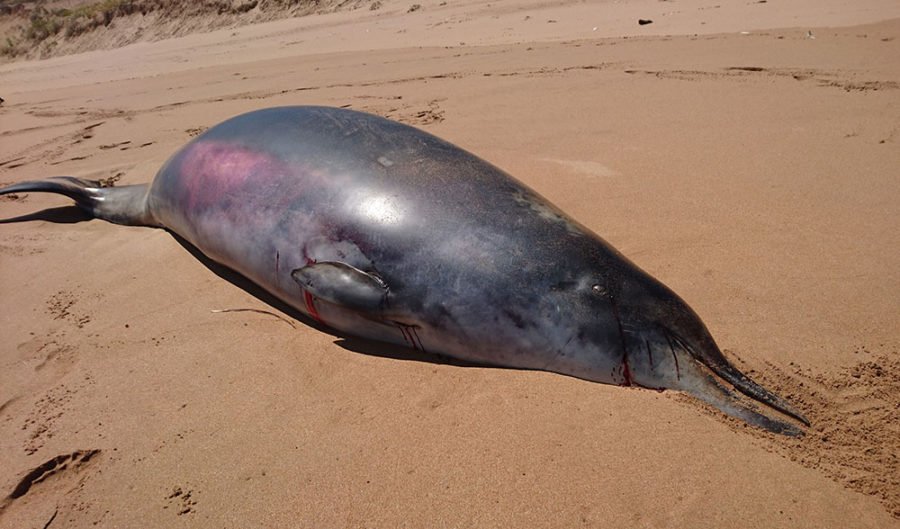
Unusual teeth of rare whale more ‘oddity’ than evolutionary throwback
Scientists are excited after a rare whale was found with an extra set of teeth, but we don’t know enough about the elusive species to call it an evolutionary throwback yet.

Scientists are excited after a rare whale was found with an extra set of teeth, but we don’t know enough about the elusive species to call it an evolutionary throwback yet.
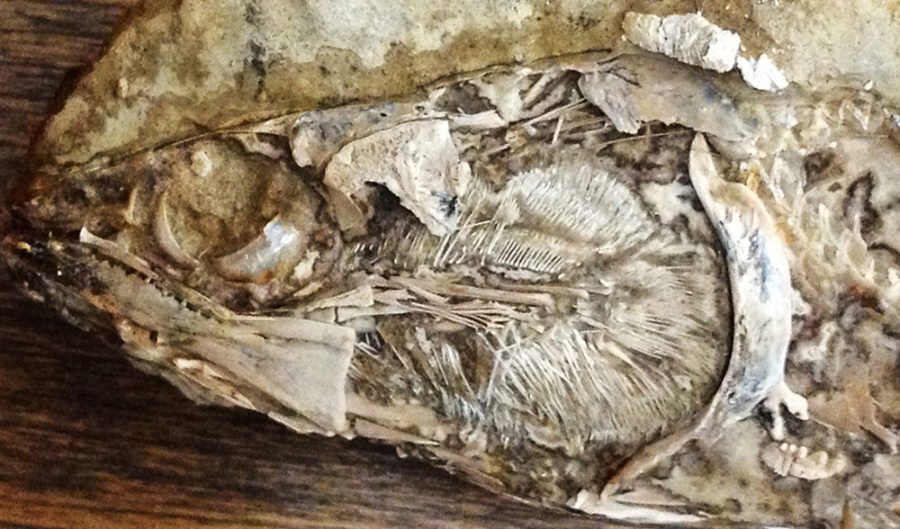
For centuries, the fossil remains of back-boned animals were studied primarily from their hardened bones. Now palaeontologists can study the softer side of these ancient creatures.
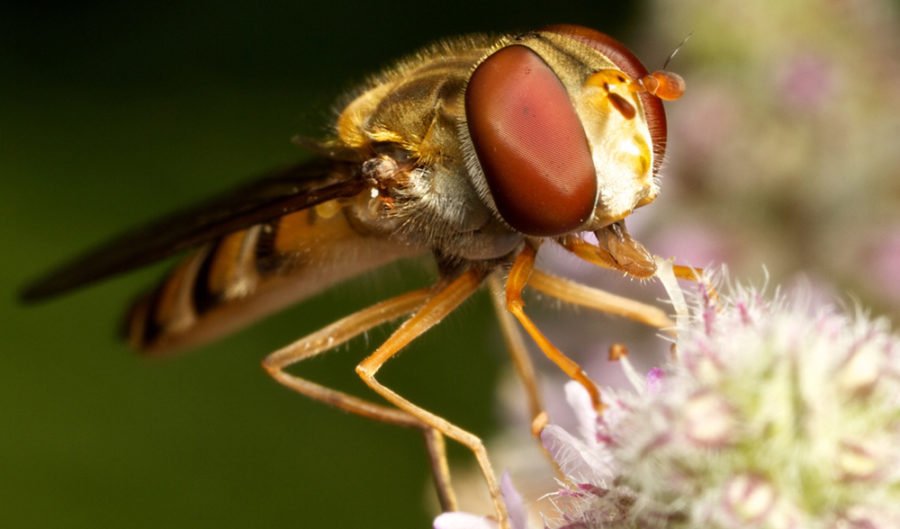
Insects have the capacity for ‘subjective experience’ and the brain structures that support this basic form of consciousness originated more than 480 million years ago, two Australian researchers have argued in a paper out today.
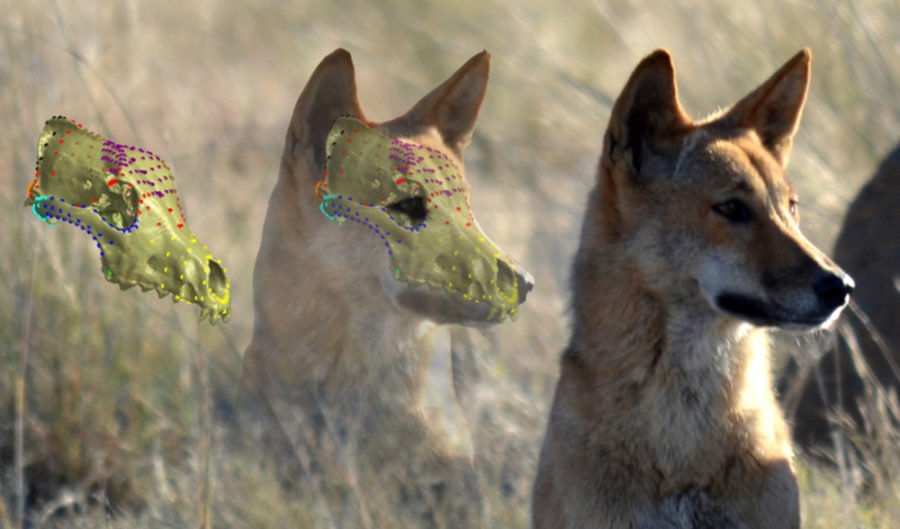
Australia’s largest land predator has been found to be resistant to one of its biggest threats – changes in skull shape caused by cross-breeding with domestic dogs.
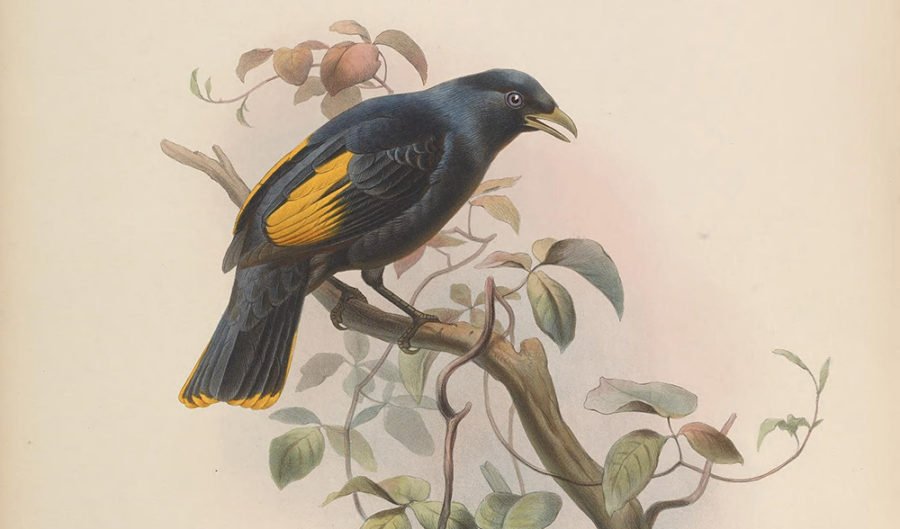
How often do birds mistakenly mate with other species? That is a question arising from sightings in recent years – the first for well over a century – of Australia’s most mysterious bird, Rawnsley’s bowerbird.
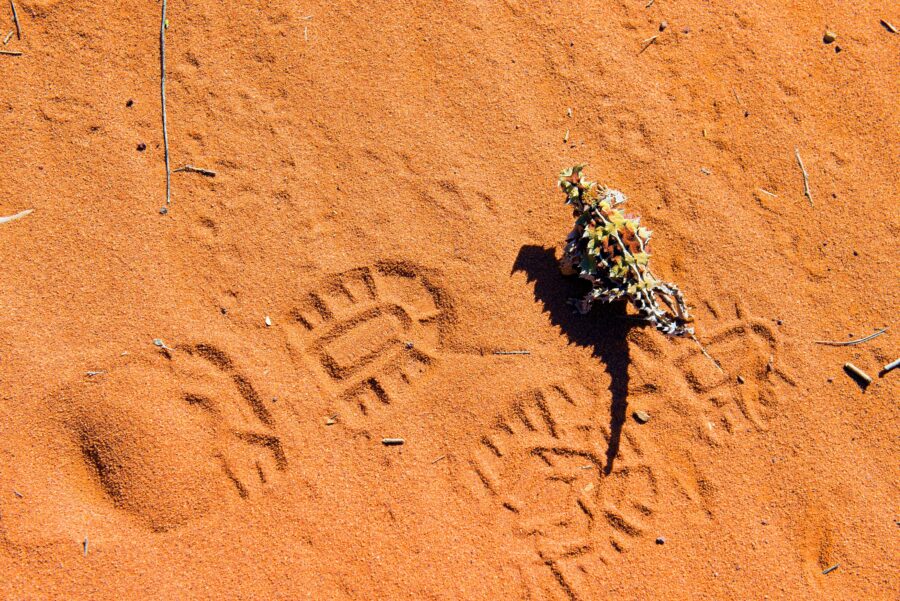
From square poo to body armour that sucks up water, Aussie animals have developed some nifty tools to help them survive the most arid country in the world.
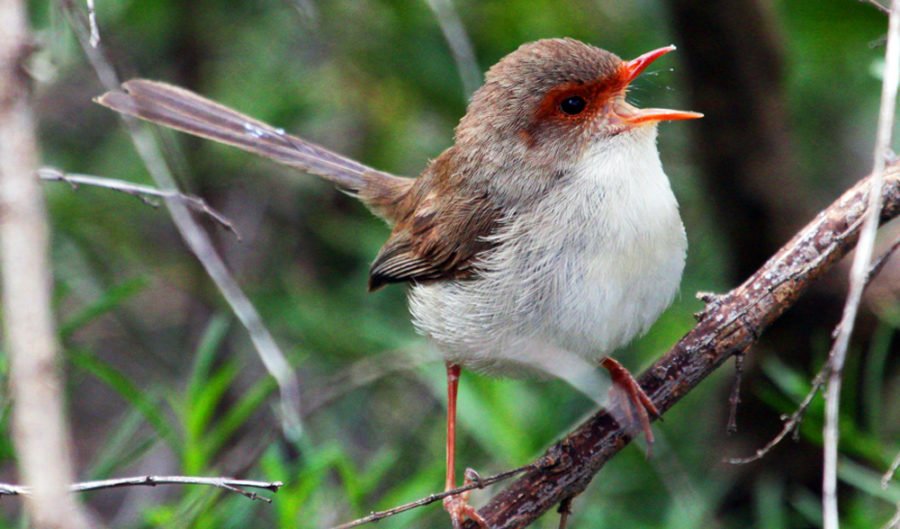
Female fairy-wrens sing as often as males, and it’s not just for sex, a new study has revealed
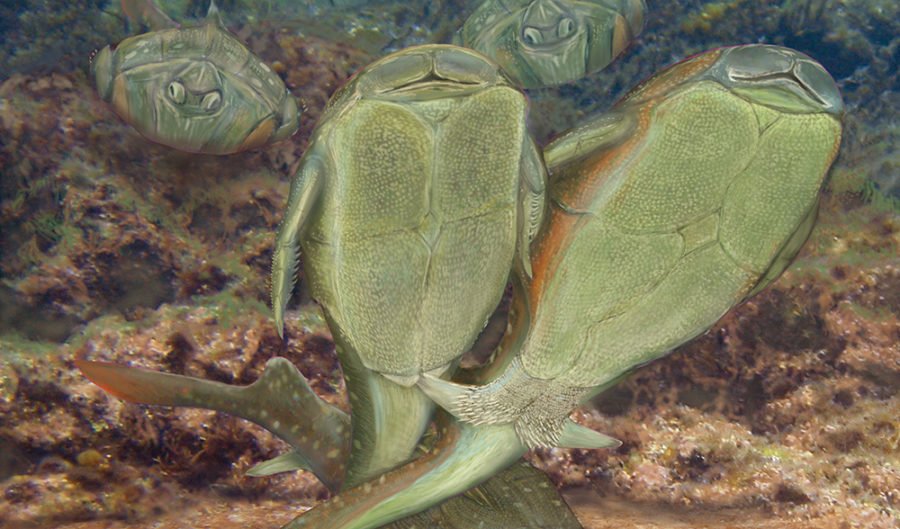
Scientists identify the earliest instance of sexual reproduction in vertebrates.
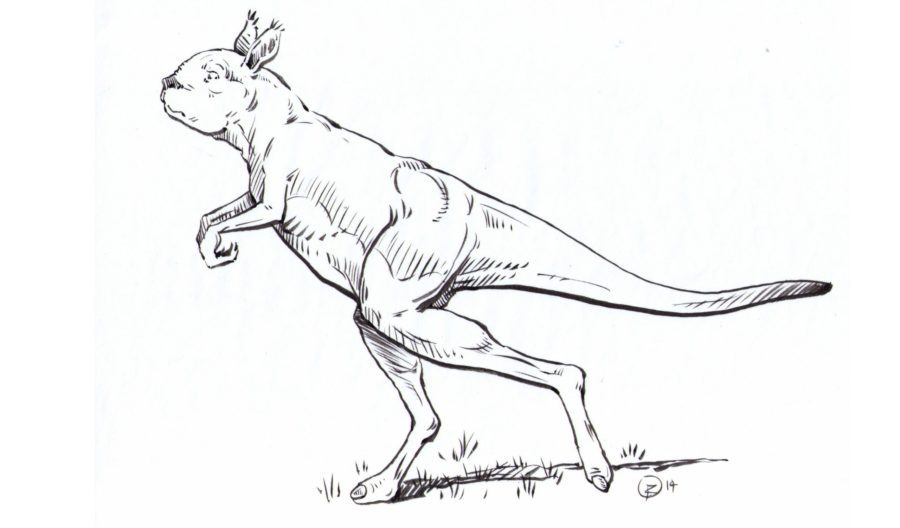
Some giant extinct kangaroos were walkers rather than hoppers, according to new anatomical evidence.
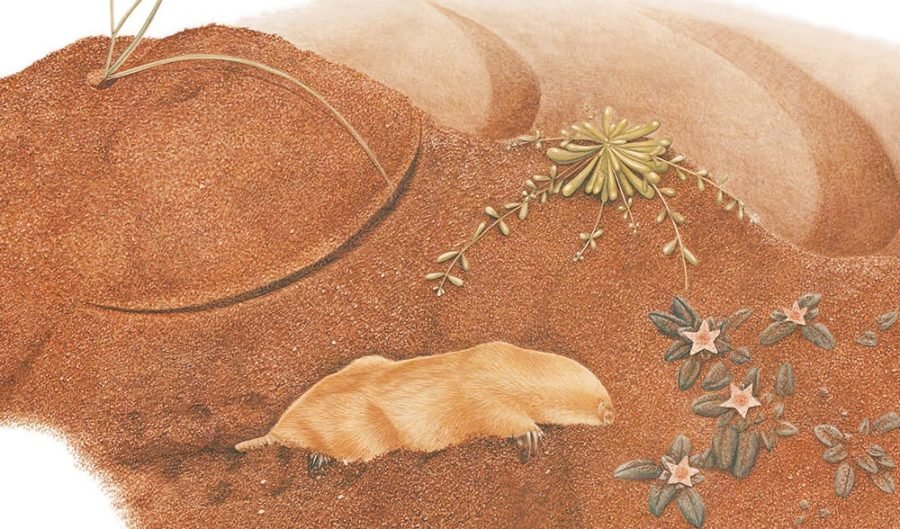
Known as kakarratul and itjaritjari to Aboriginal people, the marsupial mole of the dune deserts is a wonderful example of evolution in action.